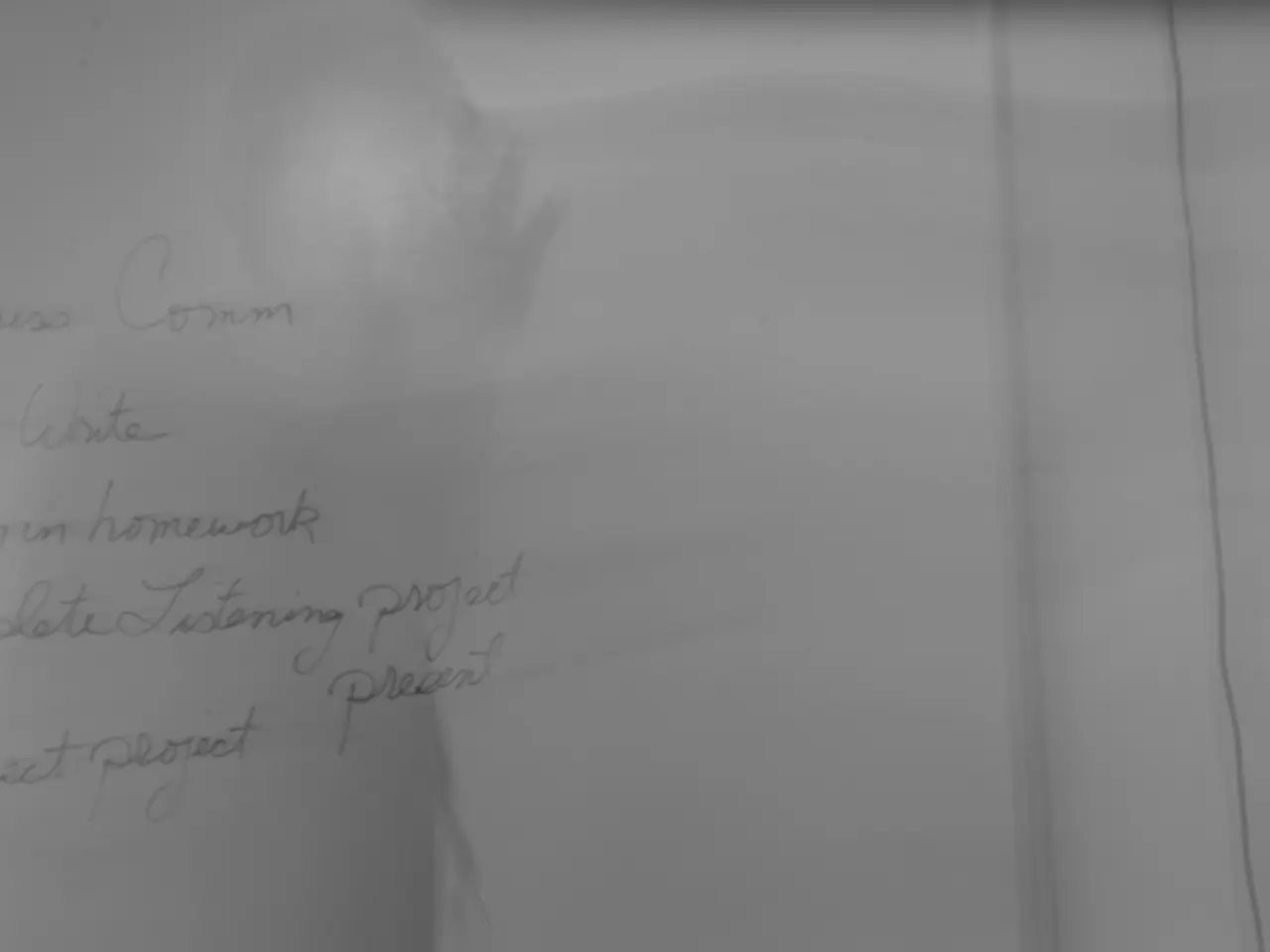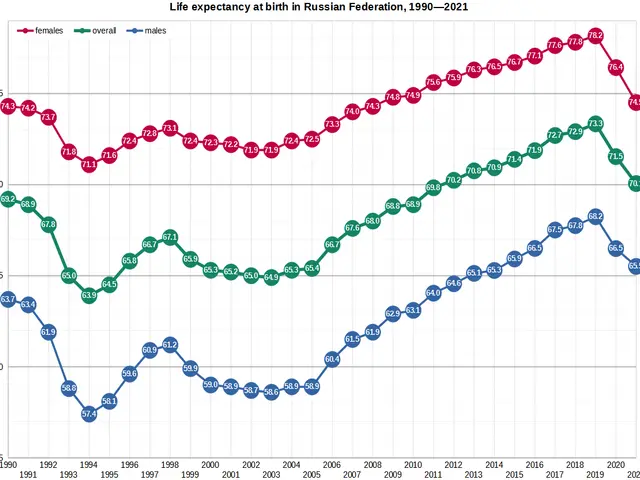U.S. tariff policy under Trump's leadership, deemed 'inconsistent' and 'regressive', predicted to inflict the most damage domestically, as per Anne Krueger's analysis.
Anne Krueger, a renowned economist with a distinguished career at the International Monetary Fund (IMF) and the World Bank, is currently visiting Seoul for an international conference. Krueger, who is now a senior research professor at Johns Hopkins University and a senior fellow at Stanford University's Center for International Development, shared her insights on the global economic landscape and the impact of tariffs on South Korea.
Krueger expressed her concerns about the ongoing tariff policies, stating that in the short term, these policies are more likely to pull down the rate of growth of production than to push it up. She emphasized the need for South Korea and other countries to maintain open economies to ensure future growth.
In her speech, Krueger pointed out policy inconsistencies in the tariff policy, stating that seeking to reduce the trade deficit while pushing for greater direct investment from partner countries does not make sense. She also highlighted that investments and other measures can improve the quality of life despite demographic changes.
However, Krueger did not discuss the agreement between South Korea and the US to lower tariffs and South Korea's commitment to invest $350 billion in the US. Nor did she make any statements about the end of the 'American Century' or another region rising as the global hegemon.
On the positive side, Krueger expects artificial intelligence to have a largely positive impact on the economy, creating new jobs and shifting job types. She expressed optimism about the long-term impact of open economies on prosperity.
The recent framework agreement between Seoul and Washington, under which the US agreed to lower reciprocal and sectoral tariffs on Korea and Korean autos, was not a topic Krueger discussed during her speech.
In the past, Krueger has been vocal about the potential regressive nature of tariffs and their harmful effects on economies. For instance, last month, she declared in Seoul that President Trump's tariff policy could cause the most long-term harm to the USA and jeopardize its status as a global hegemon.
Follow-up negotiations are currently underway between South Korea and the US to hammer out the details of the agreement. As the negotiations progress, Krueger's insights on the economic implications of tariffs and the importance of maintaining open economies will undoubtedly continue to shape the discourse on global economic policy.
Read also:
- A Business Model Explained: Its Purpose and Benefits for Your Venture
- Trump administration faces lawsuit by Denmark's Ørsted over halted wind farm project
- U.S. takes a pledge of $75 million to foster Ukrainian resources development
- Deep-rooted reinforcement of Walkerhughes' acquisitions through strategic appointment of Alison Heitzman




